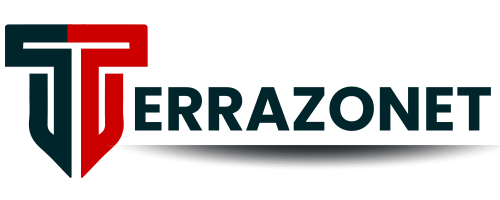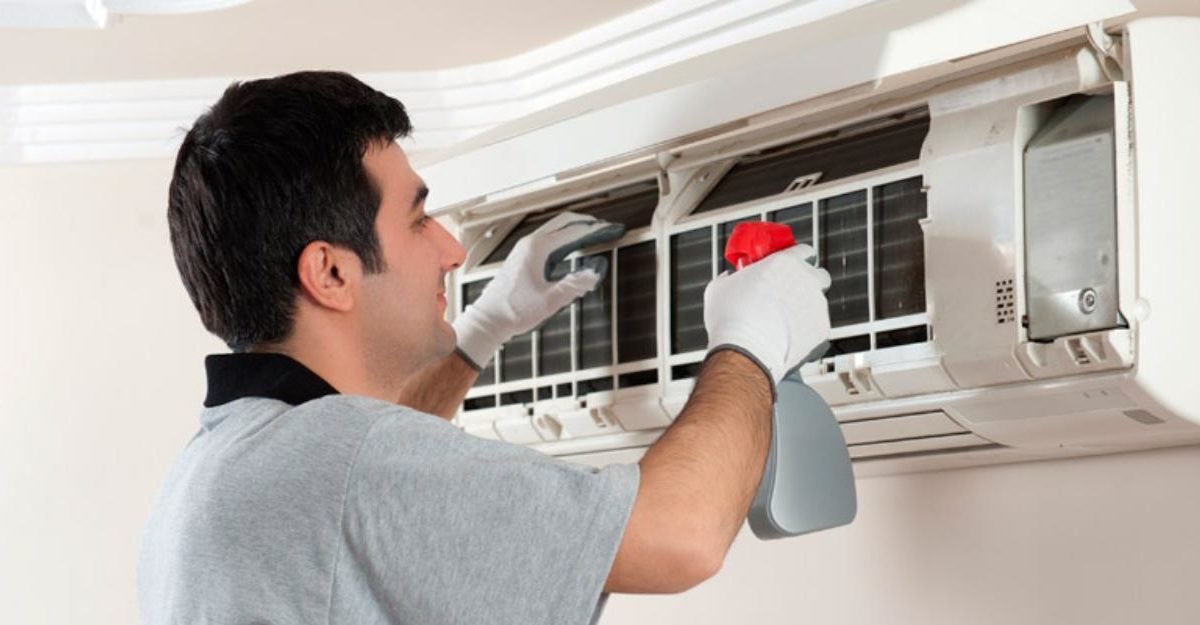Modern solar system installations are becoming an increasingly attractive option for homeowners looking to reduce energy costs and minimize their environmental footprint. Advances in solar technology have made these systems more efficient, affordable, and easier to integrate into residential properties. With long-term savings and energy independence on the line, it’s no surprise that many households are switching.
Beyond lowering electricity bills, solar installations offer added benefits such as increasing home value and reducing reliance on the grid during peak usage. Homeowners exploring options like Pensacola home solar systems can gain insight into how solar energy can work in various climates and housing styles. Embracing solar power is not just a trend—it’s a smart investment in a more sustainable and cost-effective future.
Financial Savings
One of the most appealing advantages of residential solar panels is their ability to lower electricity bills dramatically. By generating energy, you reduce dependence on traditional power providers and shield yourself from rising utility rates. According to the U.S. Department of Energy, the average American homeowner can save roughly $50,000 over 25 years simply by switching to rooftop solar panels. Over time, these savings can fund other home improvements or help pay down your mortgage faster.
Increased Property Value
Solar energy isn’t just about savings—it’s a smart property investment. Homes with modern solar panels attract buyers and get higher offers. Studies show solar homes can sell for up to 4.1% more, making solar upgrades valuable for enjoyment and resale.
Government Incentives
One significant barrier to going solar was the upfront costs. Now, government incentives make installing solar more affordable. The federal Investment Tax Credit (ITC) lets you deduct part of the installation costs from taxes. Many states and utilities also offer rebates or property tax exemptions, reducing costs further. Using these programs can shorten payback time and boost your return on investment.
Environmental Impact
One of the main reasons for switching to solar energy is its positive environmental impact. Solar energy is clean, renewable, and produces no greenhouse gases during operation. Installing solar panels reduces community reliance on fossil fuels, helping combat climate change and improve air quality. The collective impact of many residential arrays supports community sustainability goals.
Technological Advancements
Modern solar systems are more efficient and versatile. Today’s photovoltaic panels generate more power from less sunlight, even on cloudy days or in less sunny regions. Integrated energy storage, like home batteries, saves excess solar power for peak hours or outages, keeping your home powered when needed. Advances in monitoring and smart-home tech enable homeowners to track energy production and use in real time, enhancing efficiency.
Energy Independence
Generating your electricity doesn’t just save money—it provides greater energy autonomy for your household. By lessening your reliance on the grid, you insulate against rising electricity rates and power outages—an increasingly significant advantage in areas facing extreme weather or infrastructure concerns. Pairing solar with reliable battery storage can prepare you for emergencies while lowering your long-term energy expenses.
Low Maintenance Requirements
Solar panels require minimal upkeep, making them a low-maintenance, durable investment with 25-year warranties. Maintenance mainly involves cleaning or inspections, which reduces costs and ensures continued energy savings.
YOU MAY ALSO LIKE: Beyond Profit: How the White Oak Impact Fund Powers Purpose-Driven Growth











